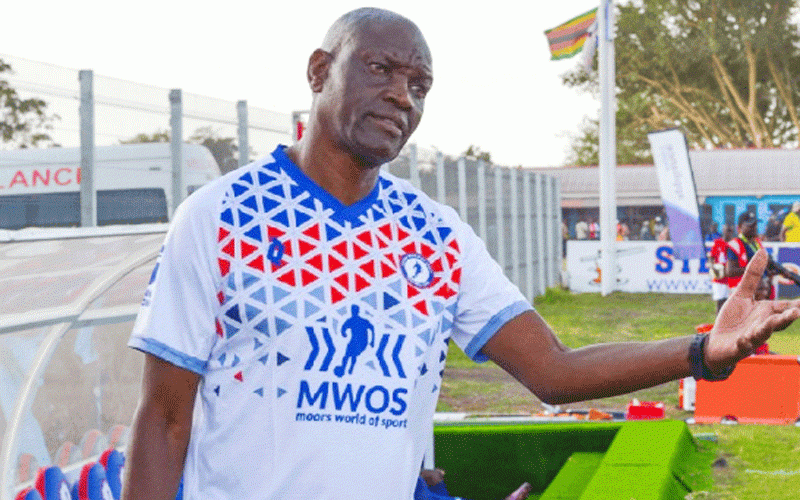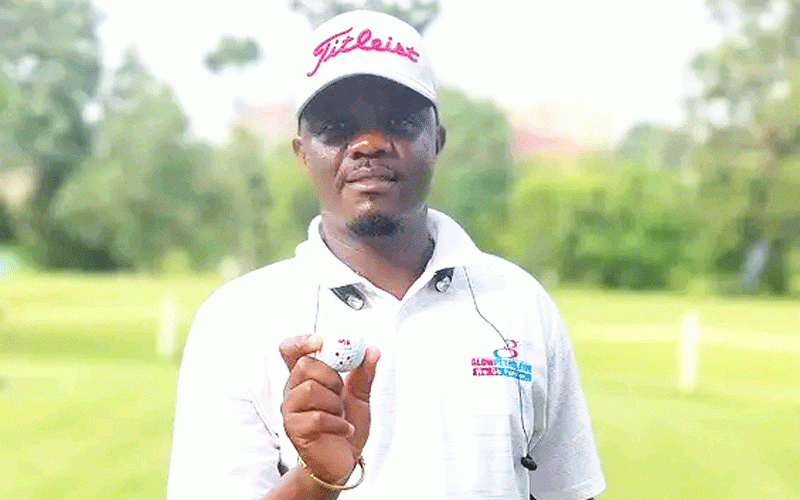
FORMER Liverpool and Zimbabwe international goalkeeper Bruce Grobbelaar has recalled the harrowing events he witnessed 27 years ago when football fans were tragically killed in the Hillsborough disaster.
BY DANIEL NHAKANISO
The Hillsborough disaster on April 15 1989 claimed the lives of 96 football fans, when overcrowding caused a crush on the terraces of Sheffield Wednesday’s stadium at the start of an FA Cup semi-final between Liverpool and Nottingham Forest football clubs.
Grobbelaar, who was the closest player to the Leppings Lane end when the tragedy took place, told the BBC in an interview this week how the fans had pleaded with him to help them during the match.
His latest comments followed the findings of a fresh inquest, which early this week found that the 96 victims of the 1989 stadium disaster were unlawfully killed.
“It wasn’t like a surge that you had seen before — you could hear creaks because of the metal barriers being bent. It was eerie. It was as if air was being let out of the people,” the former Zimbabwe international, who made over 600 appearances for the Reds, told BBC 5 live Sport’s Kelly Cates.
He continued: “90 seconds into the game we hit the crossbar and there was a great row and then there was the surge, they came up the field and the ball came into their pen and as I went to get the ball you saw the faces against the fence and people saying to you ‘Bruce can you help us, they are killing us’ and I’m thinking who?
“And when I picked the ball up and saw the surge come up again I put the ball down kicked it up and turned around saw the people getting up to the top in the stands and lot of the fans and people were saying get down, you can’t come up here we are full, but they didn’t realise they were standing on bodies and wanted to get up as soon as possible. The ball came back and I asked the person at the gate: Please open the gate and he said I can’t, the steward’s got the key and I said can’t you see that they need help,” Grobbelaar said.
- Chamisa under fire over US$120K donation
- Mavhunga puts DeMbare into Chibuku quarterfinals
- Pension funds bet on Cabora Bassa oilfields
- Councils defy govt fire tender directive
Keep Reading
A visibly emotional Grobbelaar also recounted how the Liverpool squad boarded the coach to head back to Anfield, a period he described as the worst time of his life.
“For two hours on the journey back home we just listened to the radio. Every 10, 15 minutes we would hear an update — 20 deaths, 25 deaths. When it got to 30 deaths we switched off the radio — we couldn’t listen to any more.”
“It was one of the worst times of my life. Had it been at another club I think I and everybody might have said, ‘this is it, we don’t want football anymore’, but because it was Liverpool Football Club and what we did and how we got round it was fitting because Liverpool is a family,” he said.
Grobbelaar, who now lives in Canada since retiring from football in 2007, also recalled how the Liverpool players were helped by counselling the affected families in the aftermath of the Hillsborough disaster.
“We were told that we needed to go and counsel all the fans. We had different families to go to and knock on their doors. It was ingenious because it actually counselled the players as well.”
“We explained to those families that, yes, it is a tragedy but we’re going to help each other and we did…going to the funerals with those families, speaking to them. We will always remember the 96 people that lost their lives,” he said.











